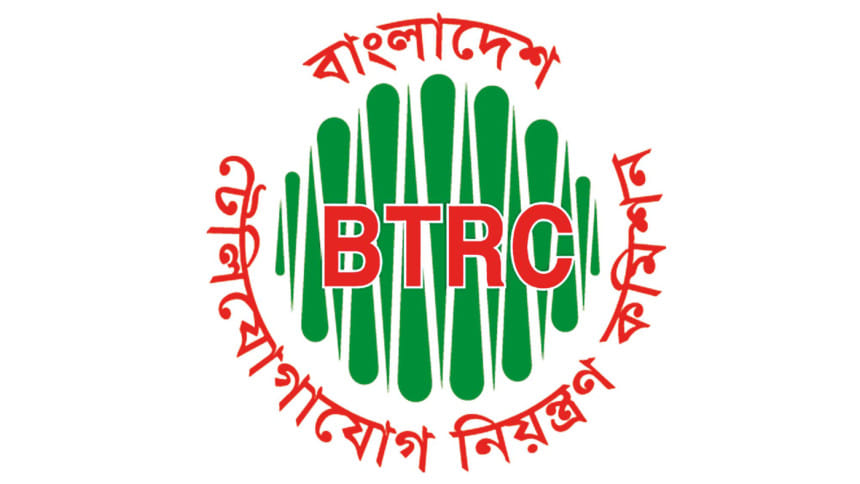BTRC fines top three mobile operators Tk 15 lakh

The Bangladesh Telecommunication Regulatory Commission (BTRC) has decided to impose a fine of Tk 15 lakh on Grameenphone, Robi and Banglalink for breaching industry regulations.
Each operator will have to pay Tk 5 lakh for sending more than three promotional SMS per day to their customers, according to BTRC documents.
In a BTRC directive on data and related packages issued last year, mobile operators were instructed to not send more than three promotional SMSs daily.
The decision to penalise Grameenphone, Robi and Banglalink follows months of contention between the BTRC and operators regarding this issue.
The BTRC argued that sending more than three promotional SMSs daily would mentally harass the customers and that the operators' violation distorts the regulator's image.
However, the operators claim that sending more than three SMSs is necessary as the delivery rate of SMS to customers is less than 70 percent due to issues with handsets, inactive SIMs and other reasons.
They also said sending more than three promotional SMSs daily is vital for them as doing so enables direct communication with customers regarding new products, services and AI-driven personalised offers.
Besides, this approach enhances service diversification, assists in product selection and fosters customer engagement by addressing individual preferences and behaviour.
The BTRC first cautioned Grameenphone in late October last year and asked for an explanation in April this year as to why the company needs to send more than three SMSs per day to customers.
The SMS delivery rate per customer averages around 68 percent due to system limitations, customer handset issues, and other factors, Grameenphone explained in response.
For churned or inactive customers, the rate can drop to as low as 30 percent. Therefore, to ensure three SMSs are received by customers, more than three SMSs need to be sent, the operator said.
The BTRC also cautioned Banglalink last year and asked for an explanation in May this year.
In its response, the operator stated that despite technical challenges, it had taken steps to limit daily promotional SMS distribution.
However, it argued that the three-SMS restriction hinders the promotion of new services and products in response to evolving communication needs and increasing customer demand.
Most of Banglalink's customers are non-smartphone 2G device users with limited access to digital promotion channels, making them cost-conscious buyers.
Therefore, Banglalink relies heavily on SMS to communicate with this segment, considering it an effective way to reach marginalised, non-smartphone users.
Banglalink argued that enforcing the three-SMS limit is discriminatory and deprives customers of suitable product offers.
Robi was cautioned in late October last year and asked for an explanation in November that year for sending more than three SMSs per day to the customers.
Robi replied that sending promotional SMS is essential for service diversification, product selection and AI-based notifications. Robi also highlighted that its SMS platform operates separately from its data and voice platforms, making it technically infeasible to restrict the number of SMS sent.
Experts have raised questions about such micro-management by the commission, especially given the availability of the Do Not Disturb (DND) service.
The mobile operators introduced the option to block promotional SMS several years ago following BTRC instructions.
Customers can activate the DND service by dialling short codes: Grameenphone (1211101#), Banglalink (1218*6#), and Robi/Airtel (*7#).
Abu Nazam M Tanveer Hossain, a telecom expert, said while strict enforcement of laws and bylaws is essential for maintaining governance and the rule of law, it is equally important that these regulations are logical, practical and add value.
"While promotional SMSs can be disruptive, consumers have the option to opt out," he added.
Therefore, regulatory focus should prioritise crucial issues like rollout obligations, quality of service and fostering competitive behaviour rather than emphasising less critical concerns like promotional messaging, Hossain said.
"The BTRC is currently revisiting the current data directive. Imposing any fine based on the previous directive has ample space for revision," said Shahed Alam, chief corporate and regulatory officer of Robi Axiata PLC.

 For all latest news, follow The Daily Star's Google News channel.
For all latest news, follow The Daily Star's Google News channel. 



Comments